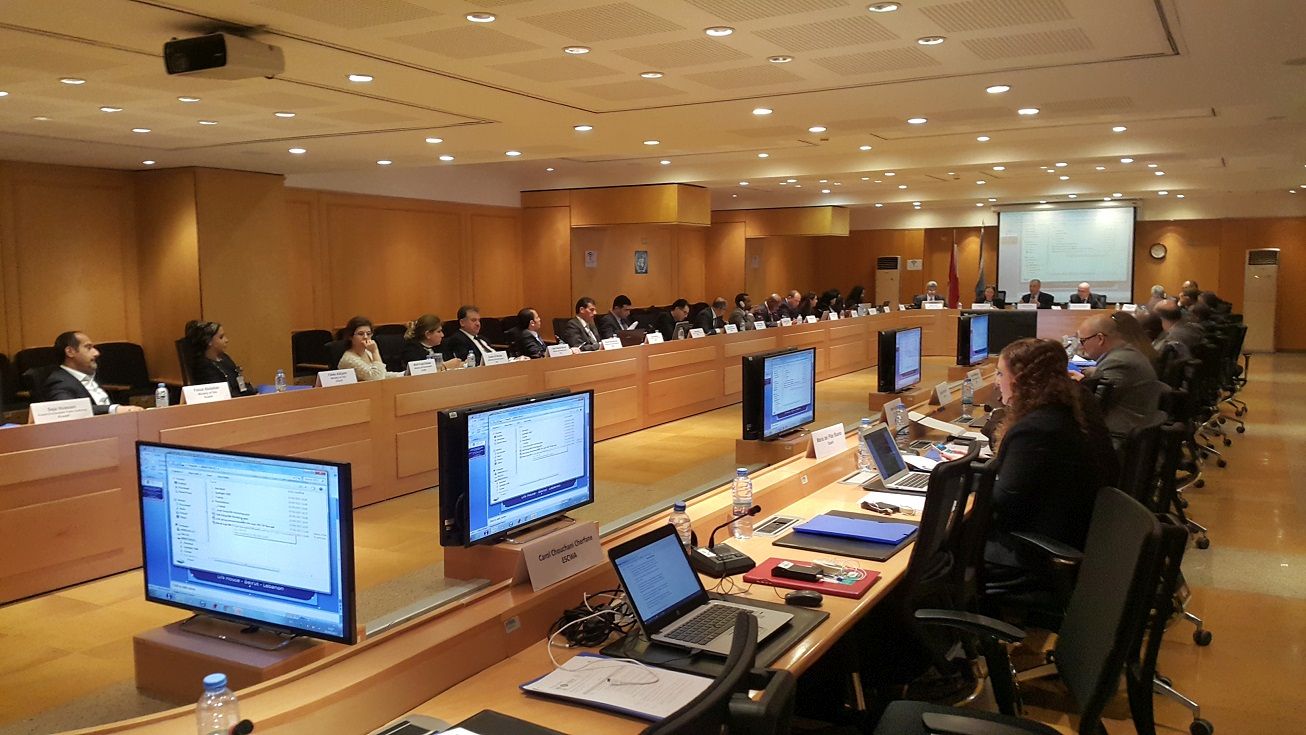The United nations Economic and Social Commission for Western Asia (UN-ESCWA), and in partnership with the League of Arab States (LAS), the United Nations Environment Programme’s Regional Office for West Asia (UNEP/ROWA), and the Cairo office of the United Nations Educational, Scientific and Cultural Organization (UNESCO) is organizing the “8th Regional Workshop on Capacity Development for Climate Change Negotiations for the Arab Countries”.
The main objectives of the Eighth Regional Training Workshop on Capacity Development for Climate Change Negotiations for the Arab Countries are as follows:
- Enhance the capacities of Arab negotiators on mitigation practices by:
- Maintaining the voluntary nature in the design of the features of the NDCs;
- Discussing NDCs’ timeframes and its relation to national economic circumstances;
- Reviewing conditional and non-conditional NDCs, linking MOIs to actions.
- Develop a comprehensive overview of adaptation elements by:
- Identifying adaptation contribution elements with high resilience potential;
- Attracting private sector investments for associated benefits;
- Establishing common adaptation efforts and means for sharing information;
- Discussing economic diversification and lessons learned.
- Discuss the transparency framework of the Paris Agreement by:
- Recognizing flexibility and means to operationalize it;
- Linking transparency actions to provisions of support;
- Ensuring the nationally determined approach in transparency.
- Undertake a global stock take by:
- Creating an all-inclusive system that would reflect mitigation, adaptation, impact of response measures, and MOIs;
- Discussing global aggregation versus individual country-level accountability;
- Reviewing the role of scientific input and sources of data.
- Review the Compliance regime:
- Ensuring non-punitive, non-judicial, non-intrusive system;
- Discussing flexibility to reflect capacities and resources;
- Developing expert based system versus intergovernmental system.
